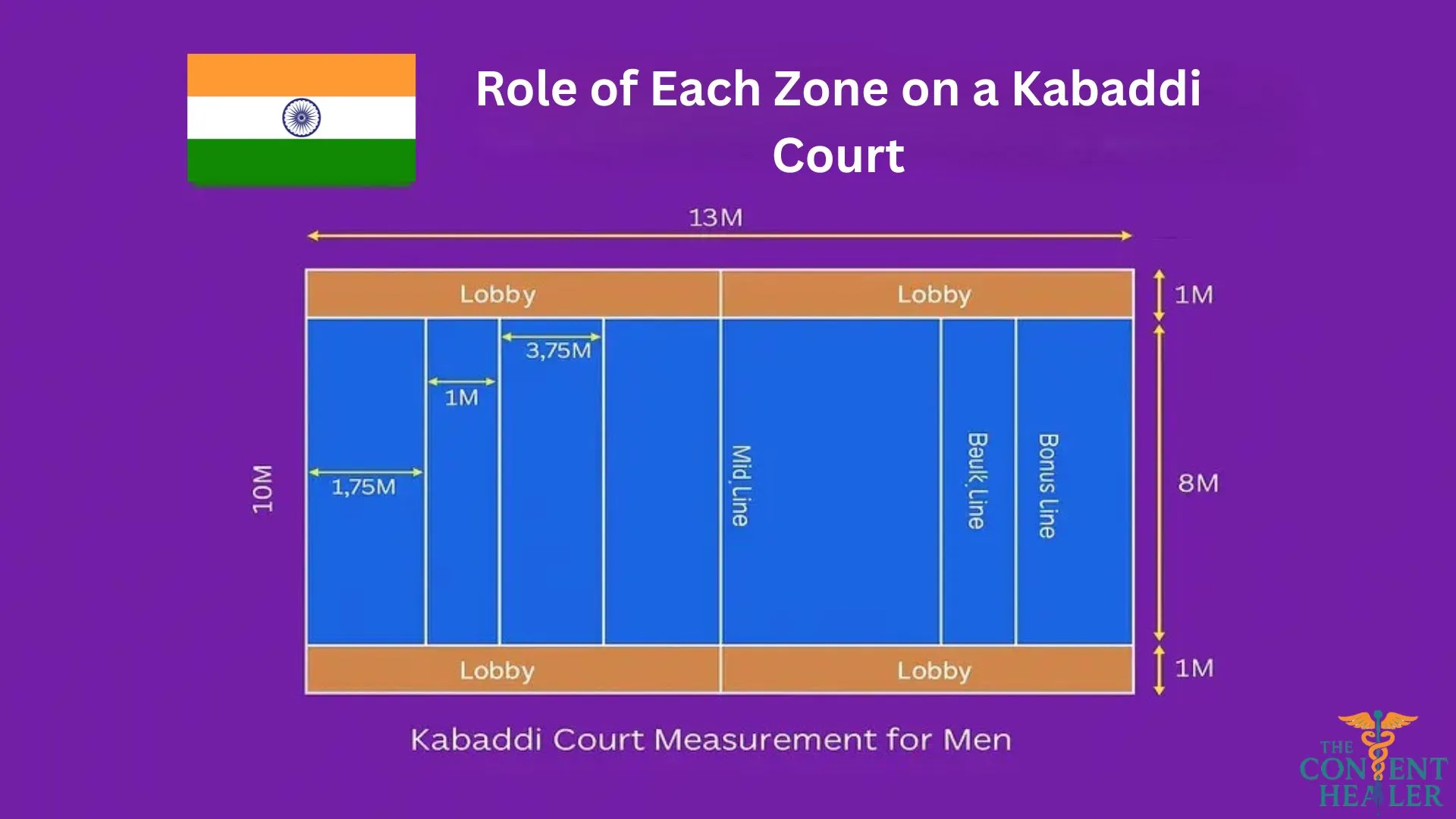Cybersecurity has never been more crucial in the current digital era. Protecting your personal information online is essential since hackers are always coming up with new ways to get past security measures. Following the proper cybersecurity procedures keeps you safe whether you’re managing your social media accounts, working from home, or shopping online. We’ll go over the top 5 cybersecurity tips in this blog in a straightforward, understandable manner that everyone can use, even if they’re not tech-savvy. These suggestions are simple to remember, ideal for voice search, and will help you safeguard your digital life.
1. Use Strong, Unique Passwords for Every Account
One of the most common ways hackers gain access to your accounts is through weak or reused passwords. People often ask, “What is the best way to create strong passwords?” Here’s the secret:
- Avoid using personal info (birthdays, names).
- Use a combination of letters, numbers, and special characters.
- Make passwords at least 12 characters long.
Pro Tip: Use a password manager like LastPass or 1Password. These tools can automatically generate and store strong passwords, so you don’t have to remember them all.
2. Enable Two-Factor Authentication (2FA)
Adding an extra layer of security makes it much harder for hackers to get into your accounts. Common voice queries include, “How to set up two-factor authentication?” When you enable 2FA, logging in requires two things:
- Your password.
- A code sent to your phone or generated by an authentication app.
Popular services like Google, Facebook, and Twitter offer easy-to-enable 2FA options. Make sure to turn it on wherever possible.
3. Keep Your Software and Apps Updated
Cybercriminals often target outdated software to exploit security vulnerabilities. “How often should I update my software for security?” is a popular voice search.
Here’s what to do:
- Regularly update your operating system (Windows, macOS, Android, iOS).
- Update apps from official sources like the Google Play Store or Apple App Store.
Why It Matters: Updates fix security loopholes and bugs that hackers can use to break into your system.
4. Beware of Phishing Scams
Phishing is one of the sneakiest tricks hackers use. They send fake emails or messages pretending to be from a trusted source. People often search, “How to recognize phishing emails?”
Signs of phishing:
- Poor grammar or spelling mistakes.
- Urgent language like “Your account will be locked.”
- Suspicious links or attachments.
Tip: Always double-check the sender’s email address. When in doubt, visit the official website directly instead of clicking a link.
5. Use Secure Networks and VPNs
Public Wi-Fi networks (like in coffee shops) are often not secure and can be easily exploited by hackers. People commonly ask, “Is it safe to use public Wi-Fi?”
To stay safe:
- Use a Virtual Private Network (VPN) such as NordVPN or ExpressVPN.
- Avoid accessing sensitive accounts (banking, email) on public Wi-Fi.
- If possible, use mobile data instead.
Pro Tip: Many modern smartphones come with built-in VPN options or apps that automatically protect your data when connected to public networks.
Bonus Tip: Backup Your Data Regularly
Data loss can happen due to hacking, hardware failure, or accidental deletion. People search, “What is the best way to backup data?”
Simple methods:
- Use cloud services like Google Drive, Dropbox, or iCloud.
- Regularly backup important files to an external hard drive.
A good backup strategy keeps your data safe, no matter what happens.
Learn more – How AI is Revolutionizing Law Enforcement and Policy Compliance
Conclusion
By applying these top 5 cybersecurity tips, you can protect your digital life from hackers and malware. The best part is they are simple to follow, work well with voice search, and don’t require technical skills. Always stay vigilant, keep your software updated, and think twice before clicking any suspicious links.
Start applying these tips today, and enjoy safer, smarter online browsing.
Frequently Asked Questions (FAQ’s)
1. What are the most important cybersecurity tips to follow?
The most important cybersecurity tips are using strong, unique passwords, enabling two-factor authentication, keeping your software updated, avoiding phishing scams, and using secure networks with a VPN.
2. How can I create a strong and secure password?
A strong password should be at least 12 characters long and include a mix of uppercase and lowercase letters, numbers, and special characters. Avoid using personal information like your birthday.
3. Why is two-factor authentication important for cybersecurity?
Two-factor authentication (2FA) adds an extra layer of security by requiring a second form of verification, such as a code sent to your phone, making it much harder for hackers to access your accounts.
4. How often should I update my software and apps for security?
It’s recommended to update your software and apps as soon as updates are available, usually every few weeks. Updates fix security vulnerabilities and improve system protection.
5. How do I recognize a phishing email?
Phishing emails often contain poor grammar, suspicious links, urgent language (like “Your account will be locked”), or attachments. Always verify the sender’s address before clicking any links.
6. Is public Wi-Fi safe to use?
Public Wi-Fi is not secure because it’s open and can be easily exploited by hackers. Use a VPN when connected to public networks or avoid accessing sensitive accounts in public Wi-Fi.
7. What is a VPN and why should I use it?
A VPN (Virtual Private Network) creates a secure, encrypted connection between your device and the internet. It hides your IP address, making your online activity private and safe, especially on public Wi-Fi.
8. How can I protect my personal data from hackers?
Use strong passwords, enable two-factor authentication, avoid suspicious links and attachments, update your devices regularly, and use a reliable VPN to protect your personal data.
9. Why is regular data backup important?
Regular data backups protect your files from being lost due to hacking, hardware failure, or accidental deletion. Store backups in the cloud or on an external hard drive for easy recovery.
10. Can I improve my online security without being a tech expert?
Yes! By following simple steps like using strong passwords, enabling two-factor authentication, updating your software, and avoiding phishing scams, you can improve your online security easily.





